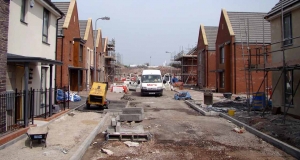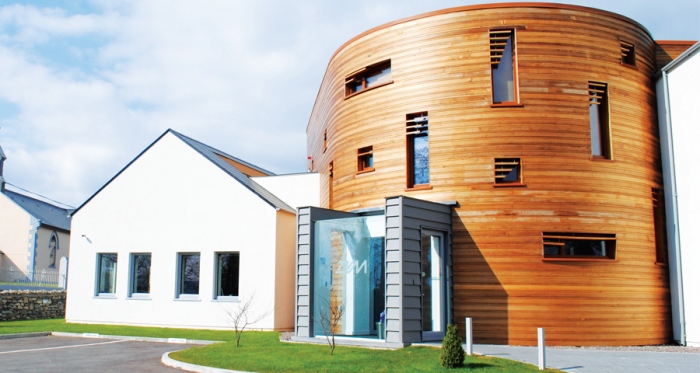Analysis: 12,000+ homes built in 2017 – as energy standards marginally fall
In excess of 12,000 homes may have been built in Ireland last year, new analysis by Passive House Plus has revealed – with a marginal decline in energy performance evident as housing activity increases.









